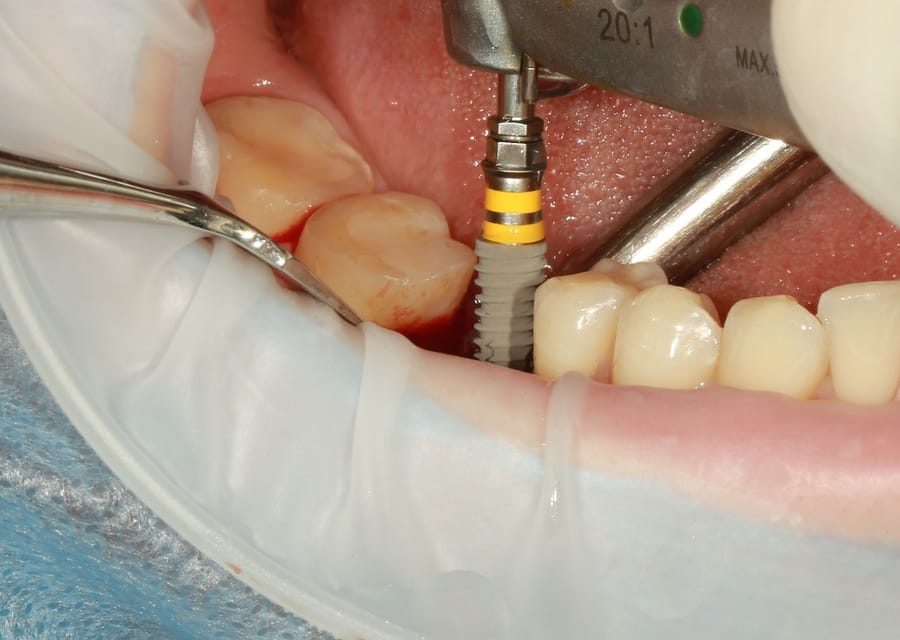
Dental implants are a popular and effective solution for replacing missing teeth. However, one of the common questions patients have is whether the process is immediate or delayed. Understanding the differences between immediate and delayed dental implant placement can help you make informed decisions about your oral health. Here’s a closer look at each option.
What Are Dental Implants?
Dental implants consist of three main components:
- Implant: A titanium post that is surgically placed into the jawbone, acting as a root for the new tooth.
- Abutment: A connector placed on top of the implant to hold the crown (the visible part of the tooth).
- Crown: The artificial tooth that is custom-made to fit your mouth and match your natural teeth.
Immediate Dental Implants
Definition: Immediate dental implants are placed right after tooth extraction. This means that if a tooth is lost or needs to be removed, the implant can be inserted during the same procedure.
Advantages:
- Reduced Treatment Time: Patients can have their implant and temporary crown placed in one visit, minimizing the overall treatment duration.
- Preservation of Bone Structure: Immediate placement can help preserve the jawbone by maintaining the natural contour of the gums and bone.
- Aesthetics: For patients concerned about appearance, immediate implants allow for the restoration of the smile without extended gaps.
Considerations:
- Suitability: Not all patients are candidates for immediate implants. Factors such as the condition of the bone, infection and the type of tooth being replaced play a crucial role.
- Healing: The success of immediate implants depends on proper healing. Your dentist will closely monitor the site to ensure everything is progressing well.
Delayed Dental Implants
Definition: Delayed dental implants are placed after the extraction site has healed, usually several months later. This allows the bone and gum tissue to recover fully.
Advantages:
- Bone Integration: Allowing time for healing can promote better osseointegration (the process by which the implant fuses with the bone), leading to improved stability.
- Assessment of Healing: Delayed placement gives the dentist time to assess the health of the extraction site and ensure there are no complications before proceeding.
- Higher Success Rate: For some patients, the success rate for implants may be higher with delayed placement, particularly in cases of severe bone loss or infection.
Considerations:
- Longer Treatment Timeline: The process takes longer since patients must wait for healing before the implant can be placed.
- Possible Bone Loss: During the healing period, some patients may experience bone resorption (loss), which could require additional procedures, such as bone grafting.
Which Option Is Right for You?
The decision between immediate and delayed dental implants depends on various factors, including:
- Your Oral Health: The condition of your gums and bone structure will significantly influence the choice.
- Your Dentist’s Recommendation: A thorough evaluation and consultation with your dentist will help determine the best approach for your situation.
- Personal Preferences: Consider your lifestyle and how quickly you want to restore your smile.
Conclusion
Both immediate and delayed dental implants have their unique advantages and considerations. By understanding the differences, you can work with your dental professional to determine the best approach for your needs. Whether you opt for immediate placement or a delayed approach, dental implants can provide a durable and natural-looking solution for missing teeth, helping you regain your confidence and oral health. If you’re considering dental implants, schedule a consultation to explore your options!
To schedule an appointment at ‘Sukumar Dental Clinic’ call +91-7418210108 or WhatsApp Dr. Sukumar at +91-9655225002. We take pride in having the top dental clinic in Palayamkottai, Tirunelveli. Alternatively, you can email us at info@sukumardental.com


